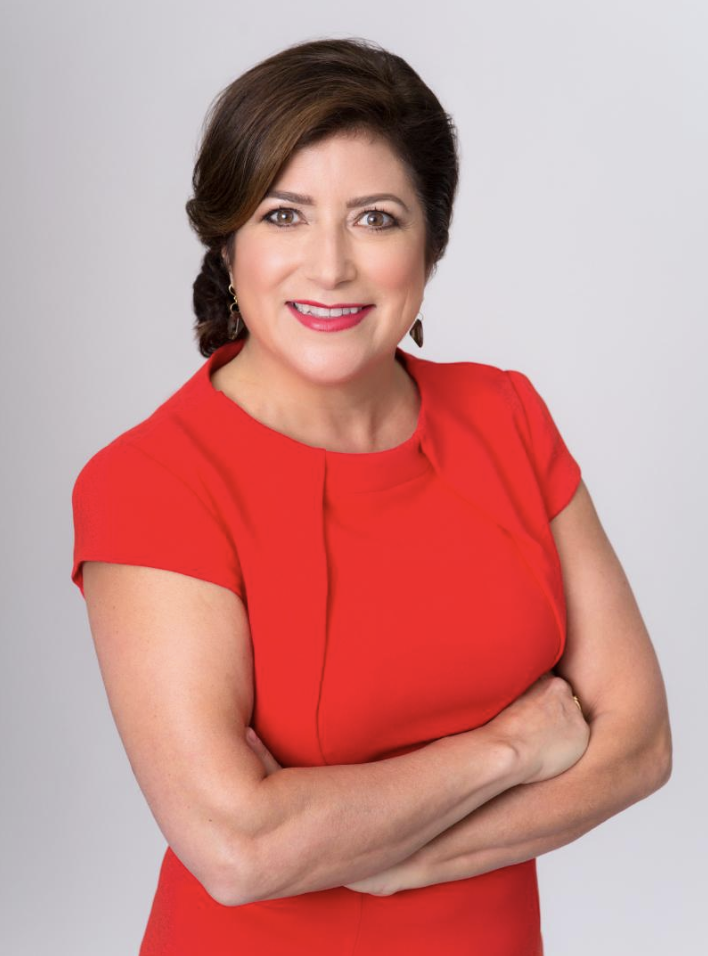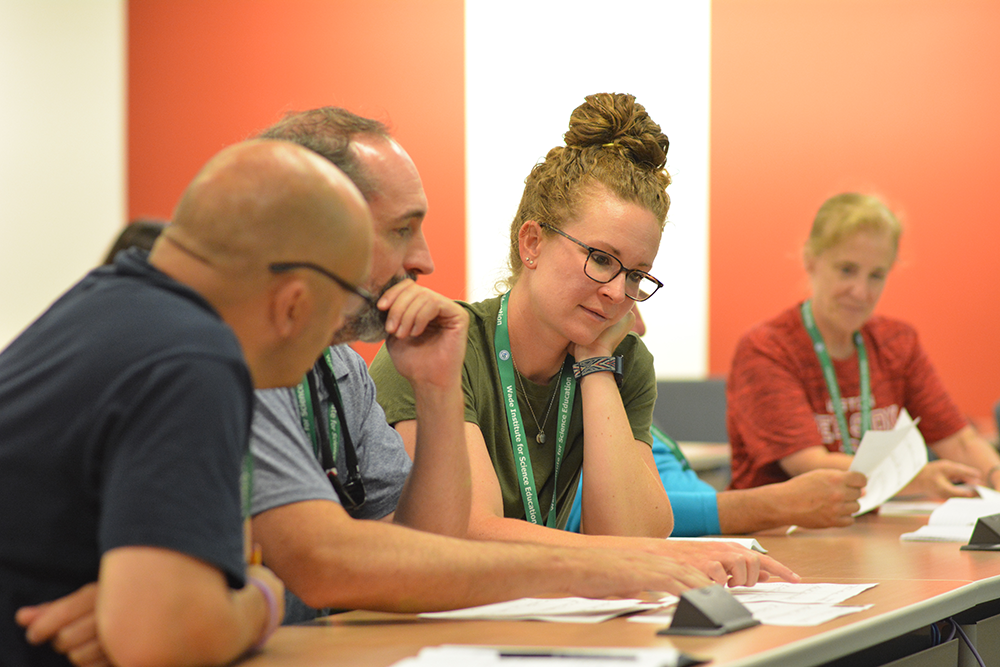
Dorie Klissas
FOR IMMEDIATE RELEASE Media Contact: Dorie Klissas at DKlissas@Manomet.org
Manomet Conservation Sciences Welcomes the Wade Institute for Science Education
A Powerful New Partnership to Expand Hands-On Science Education Across New England and Beyond
April 8, 2025, Plymouth, MA—Manomet Conservation Sciences is pleased to announce that the Wade Institute for Science Education is joining its organization, bringing together two leaders in science education.
For over 50 years, Manomet has worked to build a world where people and nature thrive together, using science to drive meaningful conservation action. In education, Manomet has focused on hands-on science education for students and on professional training for early career scientists and ornithologists. The Wade Institute for Science Education has been at the forefront of professional development for K-12 teachers and informal educators, equipping them with innovative tools to engage students in real-world, minds-on learning. These two organizations will complement one another, deepening their impact and reach and inspiring the next generation of scientists, conservationists, and informed citizens.
“This is an incredible moment for both Manomet and the Wade Institute,” said Elizabeth Schueler, President of Manomet Conservation Sciences. “By bringing our work together, we are expanding access to science education and creating even more opportunities for educators and students to engage with real-world conservation and STEM learning. By combining our strengths, we’re giving more students and teachers the tools to explore, understand, and protect the natural world—creating a future where communities, wildlife, and ecosystems can all thrive together.”
The Wade Institute in Quincy, Massachusetts, was founded by Emily Vanderbilt “Paddy” Wade, a passionate advocate for science education and a longtime supporter of Manomet. A true trailblazer, Paddy, earned a degree in chemistry from MIT in 1945, one of only seven women in a class of 728 students. She was deeply committed to increasing the representation of women in science and worked tirelessly to promote that vision. After a conversation with the President of MIT about the declining interest in science among K-12 students, Paddy was the catalyst who brought together seven Boston area museum directors and challenged them to work together to find a solution; the result was the Museum Institute for Teaching Science (MITS), renamed the Wade Institute for Science Education in 2019. Though she passed away last year, her legacy of empowering teachers and inspiring students lives on through this partnership.
Sandra Ryack-Bell, retiring Executive Director of the Wade Institute for Science Education, shared her enthusiasm for this next chapter: “Having been involved with MITS since 1999 and served as the Executive Director for 18 years, I feel confident this move will amplify our efforts and strengthen teachers ability to bring more high-quality, hands-on science education to classrooms across Massachusetts and other regions of the country. This merging of Manomet’s and the Wade Institute’s resources will enable us to continue Paddy’s legacy of providing high-quality science education supported by scientific research.”
Incoming Wade Institute Director Kathryn Atkins, who served most recently as the Wade Institute’s Education Director, says, “I’m honored to carry on Paddy Wade’s legacy of high-quality science teacher education in partnership with Manomet. We’re already having exciting conversations about how we can work together across Manomet to enhance our conservation and education work.”
Manomet’s Vice President for Environmental Education and Outreach Dr. Molly Jacobs added: “This is about empowering educators and inspiring students. The Wade Institute is already widely recognized across Massachusetts and beyond for the high-quality professional learning it offers to teachers, and we only expect this work to grow. At Manomet, we are excited to tap into the expertise of the Wade Institute as we grow our efforts to inspire environmental stewardship and drive conservation action across the Western Hemisphere.”
This new collaboration will allow both organizations to build on their shared commitment to experiential science education, ensuring that teachers, students, and communities have access to the knowledge and tools they need to understand the natural world—and to shape a more sustainable future.
For more information, please visit manomet.org/Wade
About Manomet Conservation Sciences
Manomet Conservation Sciences is a nonprofit organization dedicated to using science and collaboration to create a world where people and nature thrive together. From reversing shorebird decline to advancing environmental education, Manomet’s work is driven by research, partnerships, and a commitment to real-world impact.
Media Contact:
Dorie Klissas
dklissas@manomet.org at 917-287-5643
Stay in the loop — sign up for the Manomet newsletter!
Want to learn more about our focal species? Visit No Boundaries to explore more.





 Back to all
Back to all